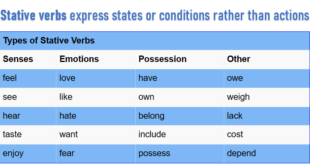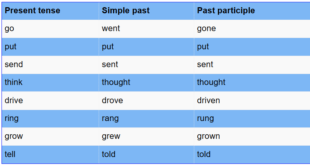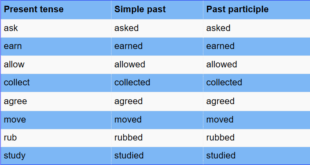Adverb![]()
An adverb describes or gives information about a verb, adjective, adverb, or phrase and is often used to show time, manner, place, or degree.
We usually add the suffix “ly” at the end of an adjective to make it an adverb.
- She spoke kindly.
- You drive slowly.
- We walked quickly.
For adjectives that end in “y”, we take out the “y” and add “ily” to make them adverbs.
- easy – easily: They won the game easily.
- heavy – heavily: It was raining heavily.
For adjectives that end in “ble, le”, we replace “e” with “y” to make them adverbs.
- possible – possibly
- probable – probably
- simple – simply
Some adverbs change in meaning when we add the suffix “ly” at the end of them.
- It was raining hard. [heavily]
- We hardly know each other. [almost not]
- We arrived late. [after the expected time]
- I’ve been very busy lately. [recently]
For adjectives that end in “ic”, we add “ally” to make them adverbs.
- basic – basically
- specific – specifically
- technic – technically
Some adjectives don’t change when we use them as adverbs.
- fast, long, early, little, hard, high, late, near, straight, wrong, yearly, etc.
Some adverbs don’t end in “ly.”
afterward, already, almost, back, better, best, even, far, fast, hard, here, how, late, long, low, more, near, never, next, now, often, quick, rather, slow, so, soon, still, then, today, tomorrow, too, very, well, where, yesterday.


